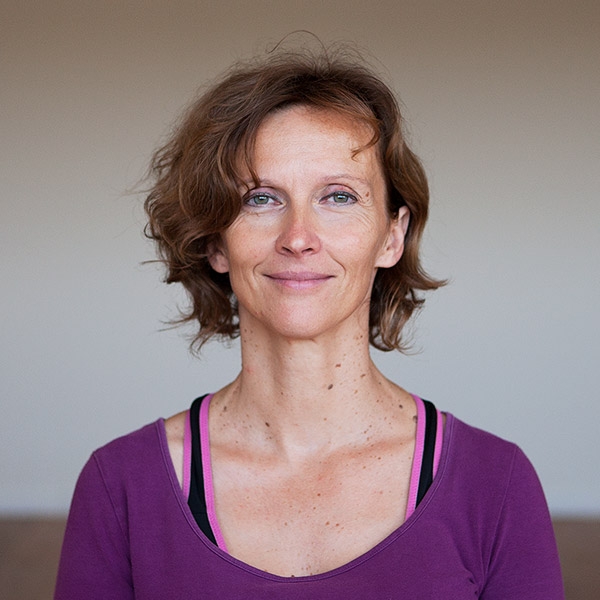The cause of MS is still unknown. Most scientists believe that the onset of this auto-immune disease is triggered by some external factor in a person who is genetically predisposed to respond.
MS and Ayurveda
Ayurveda or the Science of Life is, as its name suggests, a very large and complex field of study. But let’s simplify.
Ayurveda teaches us that the body is constituted of three primary life forces (called doshas), namely vata, pitta and kapha. They can vaguely be translated as Air, Fire and Earth/Water.
If these three forces are balanced, there is health. If there is a strong imbalance between these forces, there is disease.
What is your dosha?
You might have seen or even done online tests to determine your dosha. I did and always came to the conclusion that I was vata! However, after analysing my pulse and doing a proper consultation, my Ayurveda teacher in India concluded I am pitta.
But MS is vata!
Multiple Sclerosis creates an excess of vata in the body, and this weakens the nervous system. Vata excess can also lead to joint pains, dry skin, memory loss, insomnia, grief and fear etc. So many other diseases are vata diseases.
This, for me, was a crucial piece of information as it opened up new ways of approaching my yoga practice!
How yoga can help
If you suffer from a vata imbalance, Ayurvedic medicine will try to rebalance your tridosha (= three doshas) by diminishing vata and/or stimulating pitta and kapha.
Another crucial teaching of Ayurveda is that what you eat, what you do, the time of the day, the season… everything has an influence on your constitution.
So does yoga!
Reduce vata
After finding out that MS creates a vata excess, I started to look at the yoga poses that could help reduce vata. What I found out was that they were the ones that I was intuitively drawn to!
I thus started to work on sequences based on my own experience and on Ayurvedic knowledge. As mentioned before, Ayurveda is very complex and also takes into account the type of tissues in the body (there are seven of them in Ayurveda) and the different levels (physical, emotional, energy etc).
I would like to add that according to many sources, MS affects mostly people with a Pitta personality (driven, overachievers and unable to slow down) but I am not aware of any scientific study validating this belief. It would be interesting to find out!
The sequences I’ve presented here in my Yoga for MS program on EkhartYoga are all based on the complex interactions between the yoga poses and the primary life forces. I hope they make you feel better.
Learn more about Veronique’s journey with MS
Check out her Yoga for MS Program

